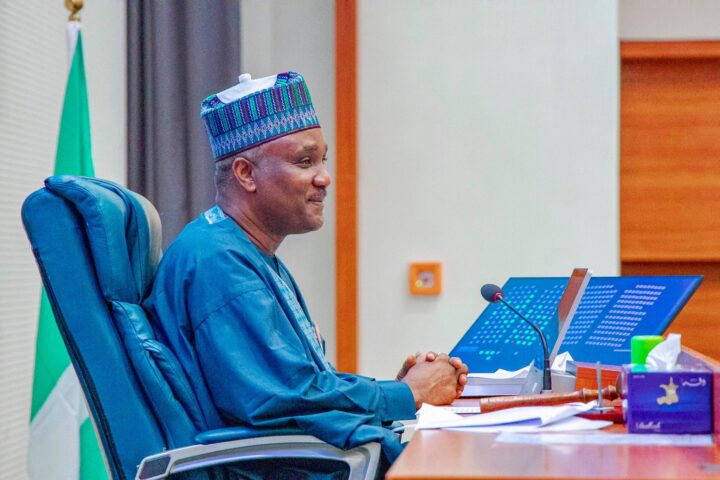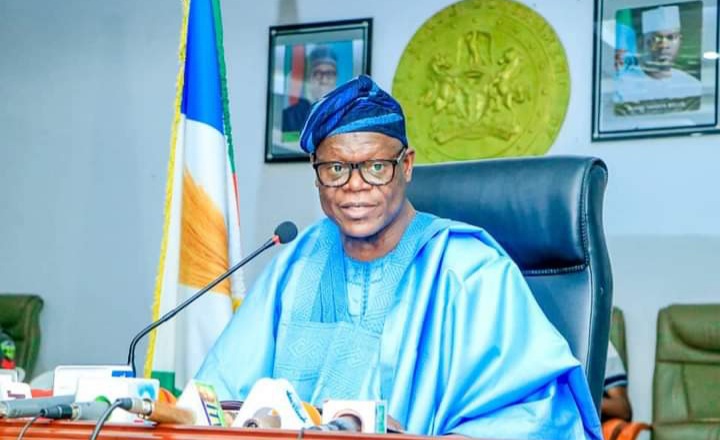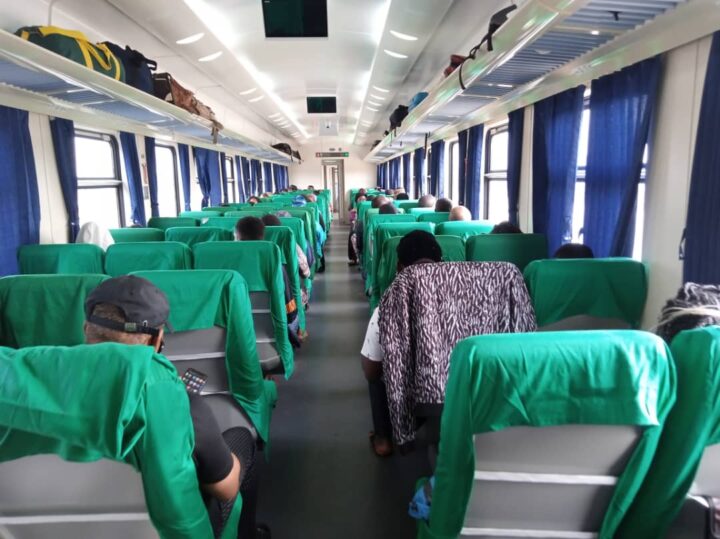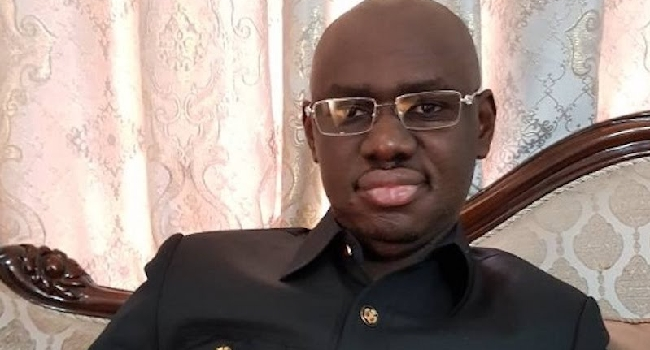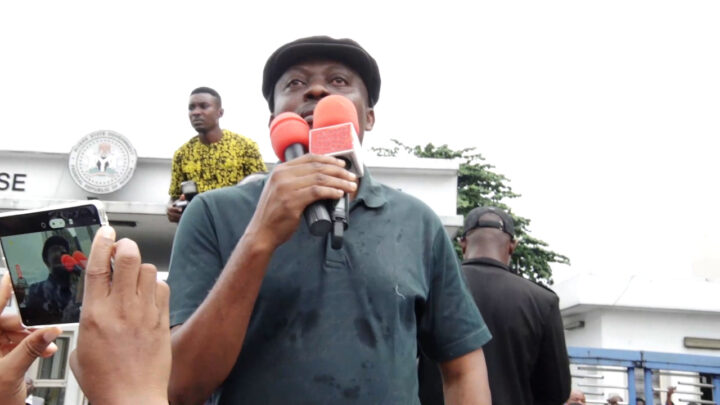Tajudeen Abbas
Tajudeen Abbas, speaker of the house of Representatives, says the country needs to regulate the use of artificial intelligence (AI) and emerging technologies.
Abbas spoke on Monday at the 2022/2023 convocation ceremony of the National Institute for Legislative and Democratic Studies — University of Benin (NILDS-UNIBEN).
Abbas said while artificial intelligence and robotics have impressive benefits, they must be regulated from misuse and abuse.
“Despite the opportunities of AI, there are risks involved,” he said.
Advertisement
“Datasets and algorithms can reflect or reinforce gender, racial or ideological biases. More critically, AI can deepen inequalities by automating routine tasks and displacing jobs.
“There is also likely to be a rise in identity theft and fraud as evidenced by the use of AI to create highly realistic deep fakes.
“These are intended to misinform, trick and confuse people. Attackers use these maliciously crafted videos, photos and audio to create societal unrest, carry out fraud and damage the reputations of individuals and brands.
Advertisement
“Accordingly, and in recognition of the opportunities and threats posed by AI, the 10th house of representatives will engage stakeholders and experts on this and related issues to leverage their potential and address issues of privacy, accountability, ethics, security and intellectual property.
“We will work with the executive to ensure the integration of emerging technologies like artificial intelligence, robotics, and renewable energy into the curriculum.
“Therefore, in the coming weeks, I will introduce a bill to regulate artificial intelligence (AI) and ensure better conditions for the development and use of this innovative technology in Nigeria.
“This will be the first such effort in Africa and one of only a few undertaken by parliaments worldwide.”
Advertisement
Abbas also decried the estimated 62 million out-of-school children in sub-Saharan Africa, saying Nigeria accounts for “substantial percentage” of the number.
“We are all aware of the challenges facing the education sector in Nigeria, including low enrolment, especially in rural areas,” he said.
“Despite government efforts and huge investment through the Universal Basic Education (UBE), the challenge remains substantial.”
Abbas said other challenges facing the education sector include low quality, outdated curricula, insufficient infrastructure and gender disparities.
Advertisement
While noting that the problems were worsened by insecurity and the COVID-19 pandemic, Abbas said the administration of President Bola Tinubu will address the challenges and reposition and revitalise the education sector.
The speaker said school curricula will be reformed to be relevant in a rapidly changing global landscape.
Advertisement
“An outdated curriculum has been shown to result in skills mismatch and stagnation in innovation. This is important given that we live in a highly digital world and innovations are evolving at the speed of light,” Abbas said.
Advertisement
Add a comment
